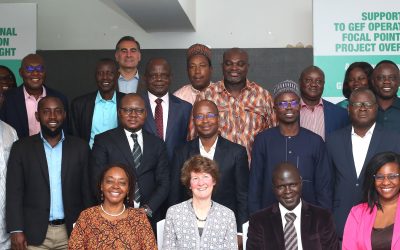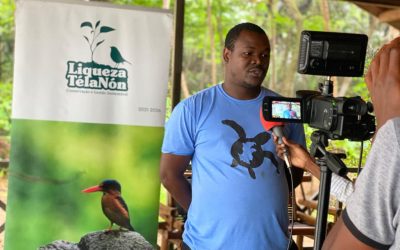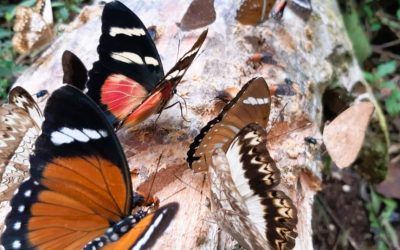TBA has been training trainers in Malawi and Kenya to help ensure that new findings about the links between ecosystem services and poverty alleviation reach the people who shape future policy and good practice.
The two Professional Development Courses, held in March 2018, were organised by TBA as part of the legacy work for the Ecosystem Services for Poverty Alleviation (ESPA) research programme.
ESPA has generated new evidence and materials that address the challenges of how to manage the environment sustainably while benefiting people in poor communities. For this latest thinking to have a wide impact in influencing future decision makers, it needs to feed through into academic teaching and professional training.
The TBA’s role was to design training courses so that the ESPA materials can be taught in an accessible and interactive way to university lecturers in Africa. TBA Director, Rosie Trevelyan, led the practical and interactive part of the courses.
“I found it exciting to learn the teaching methods from Rosie, and I will use them in my teaching,” said Dr Esther Kduku Muia-Matuku, of Machakos University, Kenya.
Dr Ishmael Kossam, of Malawi’s Polytechnic for Environmental Sciences agreed:
“We learnt how to be innovative in our teaching.”
Many of the participants hold senior posts in their universities, increasing the impact of this course as they are now equipped to go back and pass on what they have learned.
Professor James Kung’u who hosted the Course at Kenyatta University summed up the feeling at the end of the course by concluding: “The Course has empowered our teaching staff with new knowledge and new thinking about environmental services. It is clear this group of participants has the potential to influence ecosystem service training in this country.
As with all TBA specialist courses, training was organised with local partners: Kenyatta University in Kenya and Chancellor College in Malawi. “Training trainers lies at the heart of building capacity,” said Dr Trevelyan. “It’s a crucial way to ensure that new ideas, information and skills can be shared as effectively and widely as possible.”
The ESPA programme is a nine-year global interdisciplinary research programme within which Northern and Southern researchers collaborated to examine the links between ecosystem services and well-being for poor people in developing countries. It is funded jointly by the UK Department for International Development (DFID), Natural Environment Research Council (NERC) and Economic and Social Research Council (ESRC).




